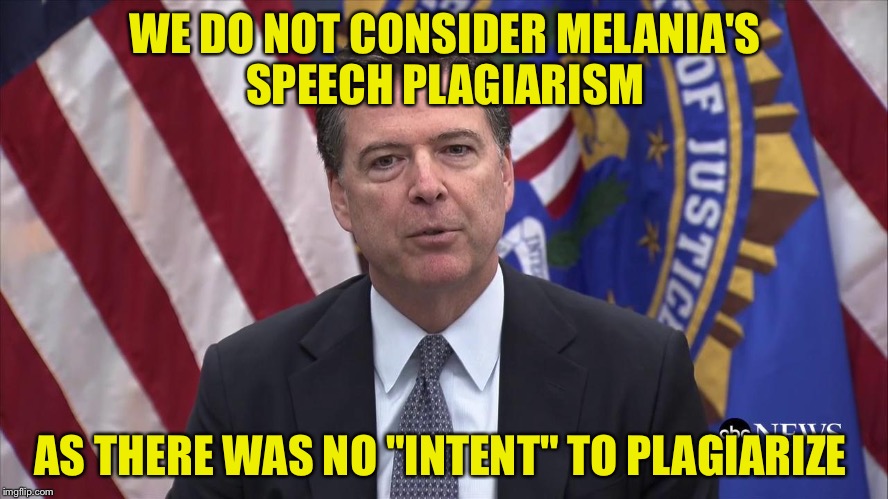But does not quite strike the law from the books. Here's Rick Hasen to explain.
Hasen cautions that attorneys are still pouring over the ruling, and more interpretations/potential 'relief' possibilities are forthcoming from him and others. So we'll update here when that happens.
The Texas Tribune timelines the long and winding legal road to this point.
In 203 pages of opinions, the 5th Circuit, sitting en banc, issued an opinion holding that Texas’s voter identification law, one of the strictest in the country, violates section 2 of the Voting Rights Act.
[...]
The bottom line is that the majority of the 5th Circuit has done what the panel opinion had originally held: there is a remand on the question whether Texas acted with a discriminatory purpose, but there is enough evidence of a discriminatory effect so as to render the Texas id law a Voting Rights Act violation.
BUT, and this is a big but, the remedy is NOT going to be to strike the Texas voter ID law as a whole, but instead to fashion some kind of relief that give people who have a reasonable impediment to getting an id the chance to get one. This might be like the affidavit requirement just approved yesterday in the Wisconsin case, or something else (like an indigency exception affidavit). Further, given the timing of the election, the trial court has to craft some kind of interim relief and then can figure out a more comprehensive solution after the next election.
BUT, BUT there is a very strong dissent from the 5th Circuit’s most conservative members, and that might give Texas a reason to go to the Supreme Court to try to get this emergency interim relief stayed.
BUT, BUT BUT: the Supreme Court has now lost Justice Scalia, and at best Texas could hope for only 4 votes to reverse what the 5th Circuit has done. Indeed, I’m not sure that even Justice Kennedy/Chief Justice Roberts would be on board. If the court ties, the 5th circuit en banc decision stands. (There’s also the possibility of an argument that the interim relief ordered for this election comes too late under the Purcell Principle, but given that the 5th Circuit acted just within the soft July 20th deadline the Supreme Court set, I think the plaintiffs will be safe in this regard).
FINALLY, these kinds of softening devices are not all they are cracked up to be, and there’s lots of evidence they are not used by lots of voters who need it. (I discuss this disjunction between theory and practice in Softening Voter ID Laws Through Litigation: Is it Enough?, Wisconsin Law Review Forward (forthcoming 2016; draft available). One of the 5th Circuit judges, Judge Higgonson, concurring, has a footnote reading: “I also disagree with the opposite criticism that this interbranch engagement ameliorates too little, though that argument is contributory. See Richard L. Hasen, Softening Voter ID Laws Through Litigation: Is it Enough? ...
This is a win for the plaintiffs, no doubt, but not nearly as good as getting the law thrown out for everyone.
Hasen cautions that attorneys are still pouring over the ruling, and more interpretations/potential 'relief' possibilities are forthcoming from him and others. So we'll update here when that happens.
The Texas Tribune timelines the long and winding legal road to this point.


